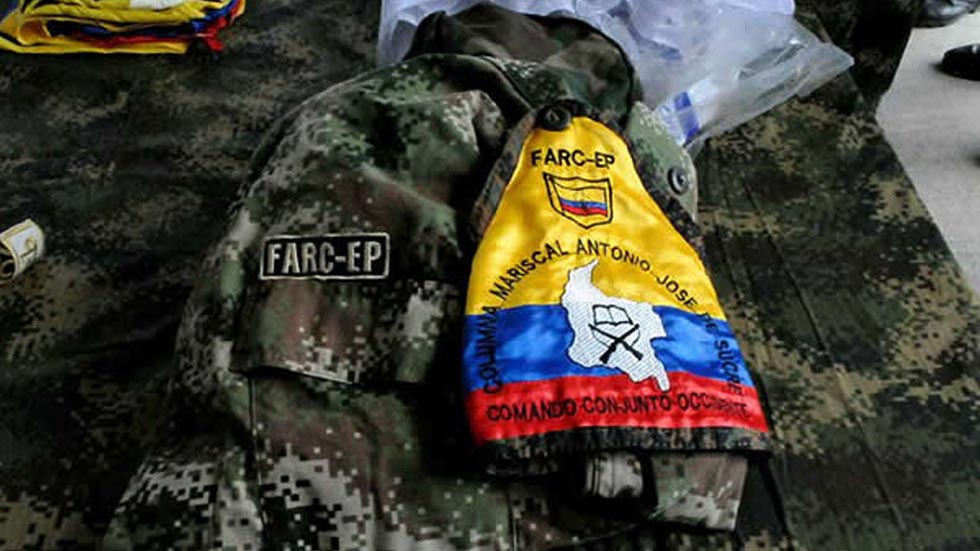Colombia President Juan Manuel Santos signed a decree on Monday that granted amnesty to 3,252 disarmed FARC guerrillas, none of whom face charges of grave war crimes.
The decree is the last of three in which the president granted amnesty to a total of guerrillas in 6,005 guerrillas.
Another 1,400 guerrillas, hundreds of whom are in prison, will have to request amnesty before a judge as some are accused of or convicted for grave war crimes that would obligate them to take part in a transitional justice system.
Commanders and guerrillas accused of grave human rights violations will have to first clarify alleged war crimes and repair their victims before being allowed to reintegrate into society or take part in politics.
Rather than using a retributive justice system, these crimes will be tried before a restorative justice system that primarily seeks the reparation of and reconciliation with victims rather than a prison sentence common in retributive justice systems.
Colombia’s transitional justice system is already applied everywhere, and with success
The pardon came on the day that the United Nations voted on a second, three-year mission to continue monitoring the peace process and verify possible violations by either party.
UN formally agrees on second mission to Colombia to monitor peace process
With the FARC fully demobilized and disarmed, the next step might be the most tense one as not just 1,400 guerrillas, but also 24,400 (in some cases elected) state officials and some 12,500 private individuals and businesses are expected to appear before a court.
Among those are former President Alvaro Uribe, who has long been accused of war crimes, in particular the execution of more than 4,000 civilians who he and the military later presented as combat kills in a series of mass killings euphemistically called the “false positives” scandal.
This scandal also implicates Santos, who was Uribe’s defense minister between 2006 and 2008 when the military committed the highest number of homicides.
The ICC said earlier it expected 23 (former) generals, including Colombia’s current Armed Forces commander, General Juan Pablo Rodriguez, to be tried for one of the worst war crimes in the history of the half-a-century conflict.
Uribe’s party, the hard-right Democratic Center, has threatened to “shred the fucking deal to pieces” if able to win the 2018 elections.
However, with the transitional court expected to be in place well before the elections, it is uncertain whether the country’s most divisive politician will be on the campaign trial or in court in the months leading up to the elections.
The FARC’s members will also be able to take part in the 2018 elections, but only if they are cleared of war crime allegations either because they’re absolved of charges or have effectively carried out their sentence.
The entire peace process is expected to last some 10 years after which the Santos administration and the military hope to have fully stabilized the country where many have not lived a day in peace in their entire life.


